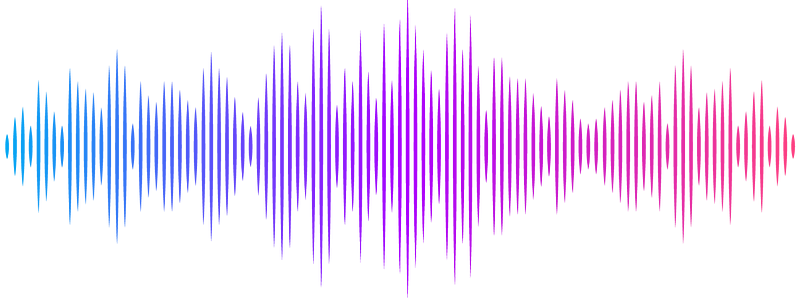Quantum Time Crystal Clock and its Performance

Quantum Time Crystal Clock and its Performance
Ludmila Viotti, Marcus Huber, Rosario Fazio, Gonzalo Manzano
AbstractUnderstanding different aspects of time is at the core of many areas in theoretical physics. Minimal models of continuous stochastic and quantum clocks have been proposed to explore fundamental limitations on the performance of timekeeping devices. Owing to the level of complexity in the clock structure and its energy consumption, such devices show trade-offs whose characterization remains an open challenge. Indeed, even conceptual designs for thermodynamically efficient quantum clocks are not yet well understood. In condensed matter theory, time-crystals were found as an exciting new phase of matter, featuring oscillations in (pseudo)-equilibrium with first experimental observations appearing recently. This naturally prompts the question: \textit{can time crystals be used as quantum clocks and what is their performance from a thermodynamic perspective?} We answer this question and find that quantum crystals are indeed genuine quantum clocks with a performance enhanced by the spontaneous breaking of time-translation symmetry.